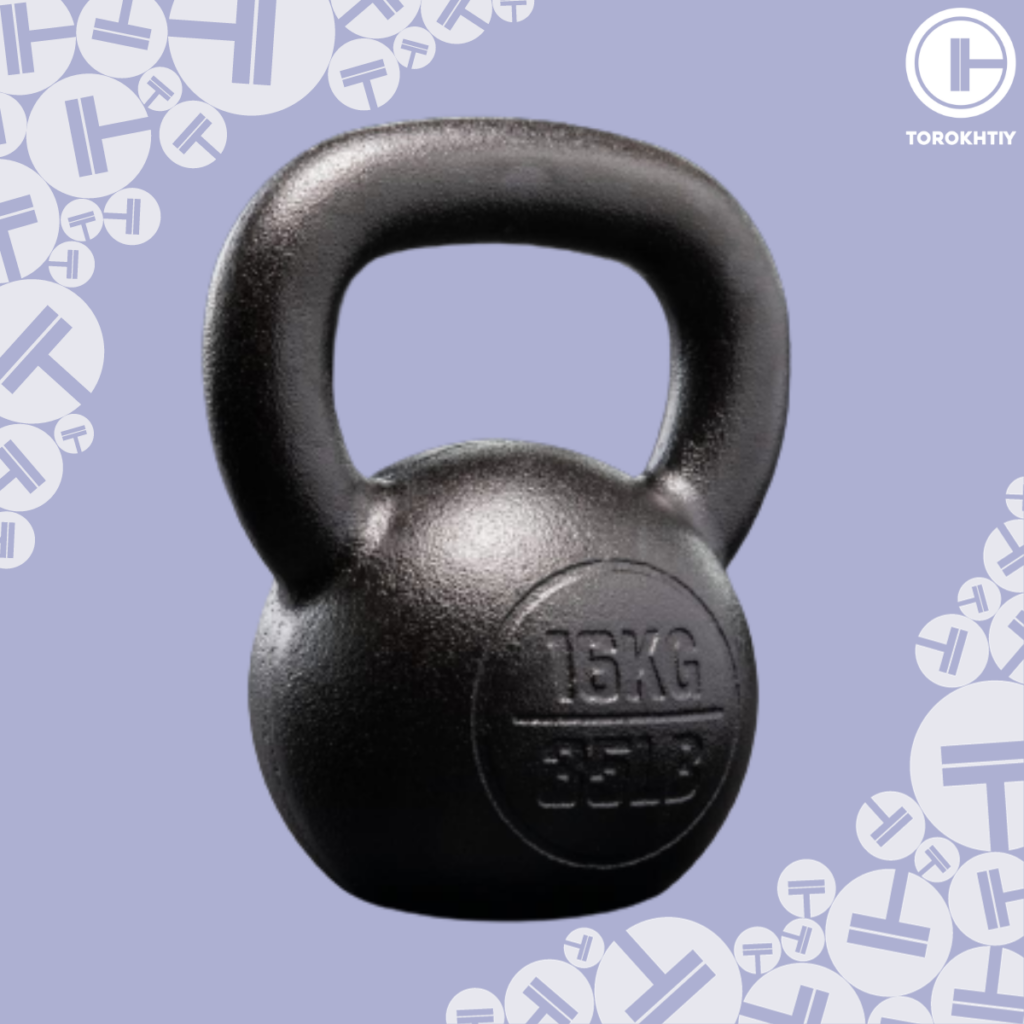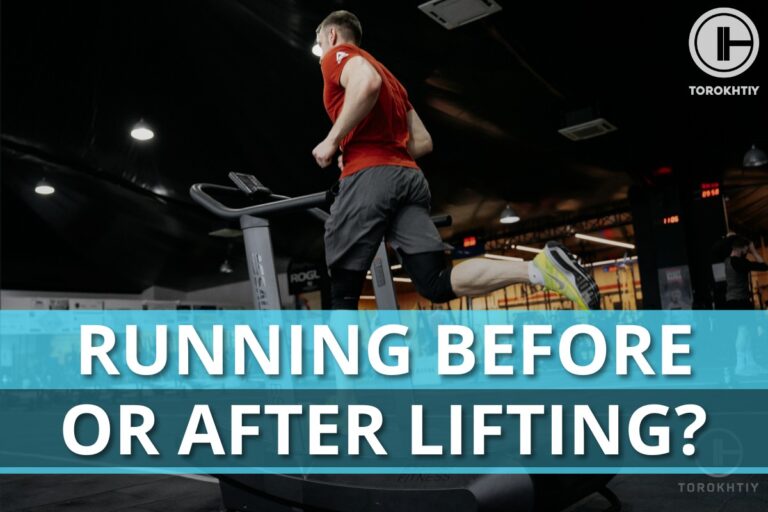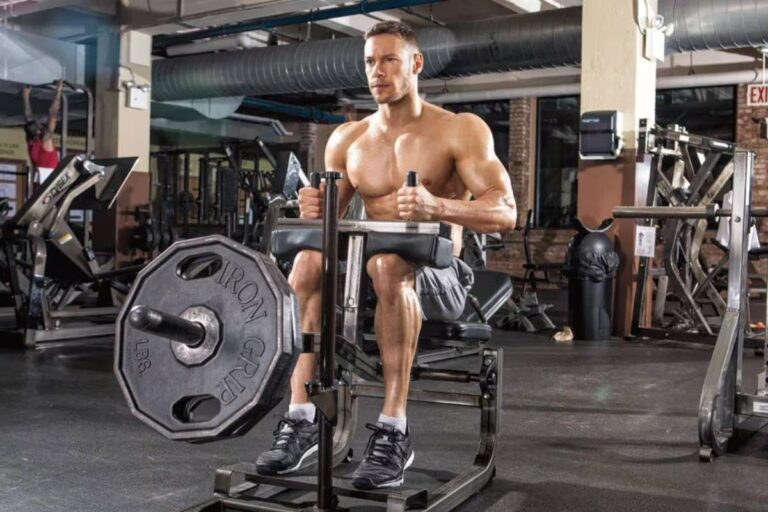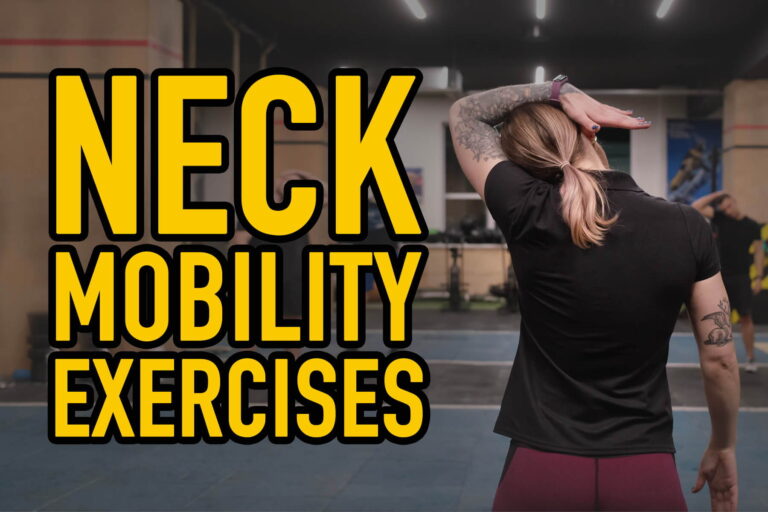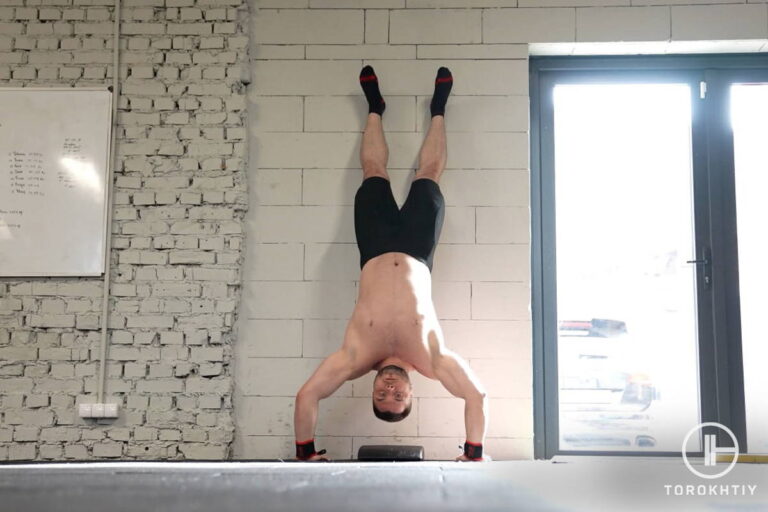Best Kettlebell Exercises (With 3 Workout Examples)
Rock-hard, chiseled pecs. That’s likely something almost everyone wants. How do you get them? Well, you can start with the kettlebell chest workout!
Kettlebells are some of the most versatile equipment out there and they can do wonders for your chest. Now, it’s not something that will have you looking like you’re ready to run across the beach in one of the Baywatch scenes overnight, but if you keep up with your workouts, you’ll be Baywatch-ready pretty soon.
Including a kettlebell into your fitness routine can be a game-changer if you know what you’re doing and if you can adjust it to your fitness level. And that’s exactly what we’ll be going through today – we’ll take a look at all the benefits these dynamic kettlebell chest exercises have, which are suitable for your fitness level and what mistakes to avoid. Let’s lift!
What is a kettlebell chest workout? It’s a strength training regimen that uses kettlebells to target and develop chest muscles.
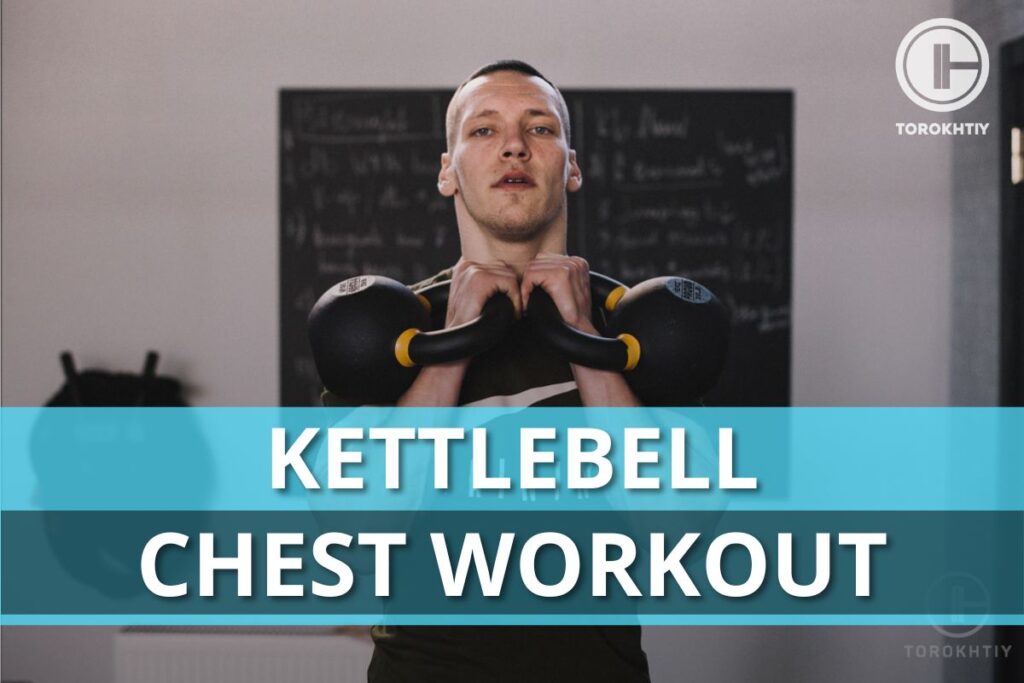
5 Benefits of Kettlebell Chest Workouts
They sure are. If you’re serious about sculpting your upper body and making it stronger, then you should definitely pay attention to kettlebell workouts.
If you’re a beginner, you may be a bit intimidated by the kettlebell and you may feel like you’re not ready for it. The thing is, a chest kettlebell workout can be tailored to anyone’s fitness level, you just need to pick the correct weight for the kettlebell and, of course, the correct workout routine.
If you’re more experienced, on the other hand, you may think that a kettlebell can’t do much for you. Well, you’re wrong, because adding a kettlebell to an already established workout routine can do wonders. It can help break through plateaus and it can also be a breath of fresh air in a routine you’re very used to.
Let’s see exactly what kettlebells can do for you and what their benefits are.
1. Full Range of Motion
Workouts like kettlebell presses and flies need a broader range of motion compared to your traditional weights. This full range of motion will engage deeper muscles and help them to develop better.
2. Stabilization
Chest exercises with a kettlebell need a lot of stability and balance. They don’t just activate your pecs, but also the stabilizer muscles around your chest. This makes for very well-rounded engagement, which enhances overall chest strength.
3. Versatility
Versatility is one of the best things when it comes to kettlebells. With them, you can do a wide range of exercises that focus on your chest so you can target different areas. This is great for preventing plateaus.
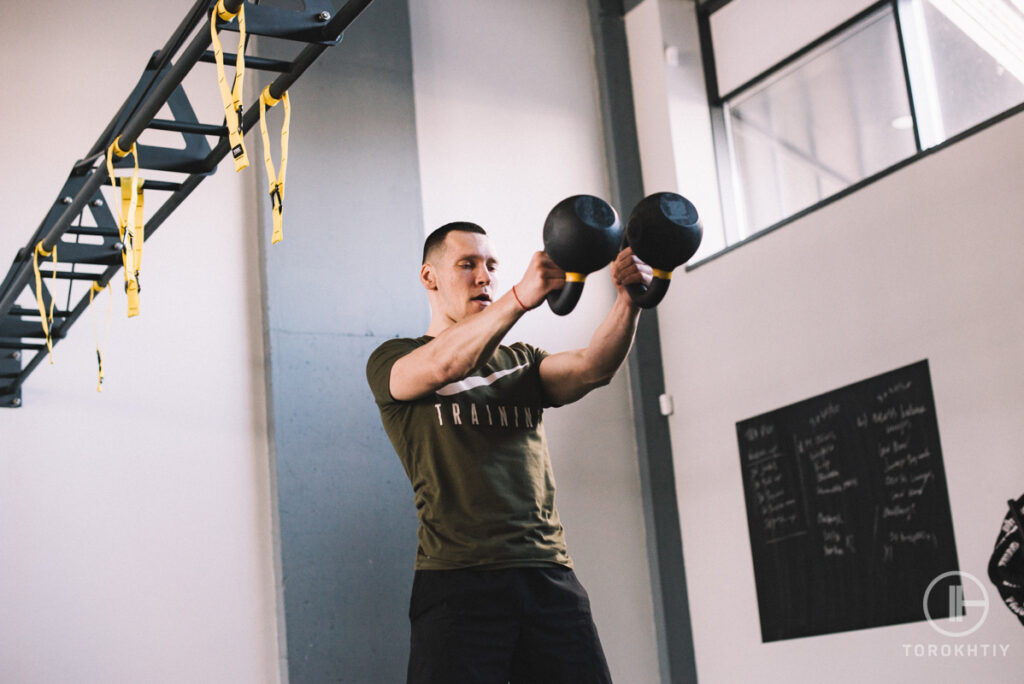
4. Functional Strength
If you’re looking to improve your functional strength, give kettlebells a try. Kettlebell exercises for the chest simulate real-life movements, so they can make everyday activities easier on you. Think about things like picking up children, carrying groceries, etc. A strong chest is very important for daily activities and kettlebell chest workouts can really help you out.
5. Cardiovascular Benefits
Dynamic movements increase your heart rate, and a lot of chest workouts with kettlebell are dynamic(for example, kettlebell swings). With kettlebells, you’ll get cardio and strength training in one, which means you can burn calories and sculpt your chest at the same time.
5 Best Kettlebell Chest Exercises
Be honest – you probably didn’t think including a kettlebell in your routine would have so many benefits and that’s completely understandable. The thing is, you’ll get the benefits only if you do the right workouts.
You want the best moves, so you don’t waste your time on things that don’t work. This is why you should pay close attention to this section and learn all about the best, most effective workouts.
Make sure to always have a variety of workouts in your routine because a well-defined upper body needs all your muscles to do some serious work.
1. Kettlebell Chest Press
This one will target your triceps and the front of your shoulders.
Lie flat on your back with a kettlebell in each hand. Keep the kettlebells at chest height with palms facing forward. Press the kettlebells up and fully extend your arms, then lower back to chest level. Make sure your movements are controlled.
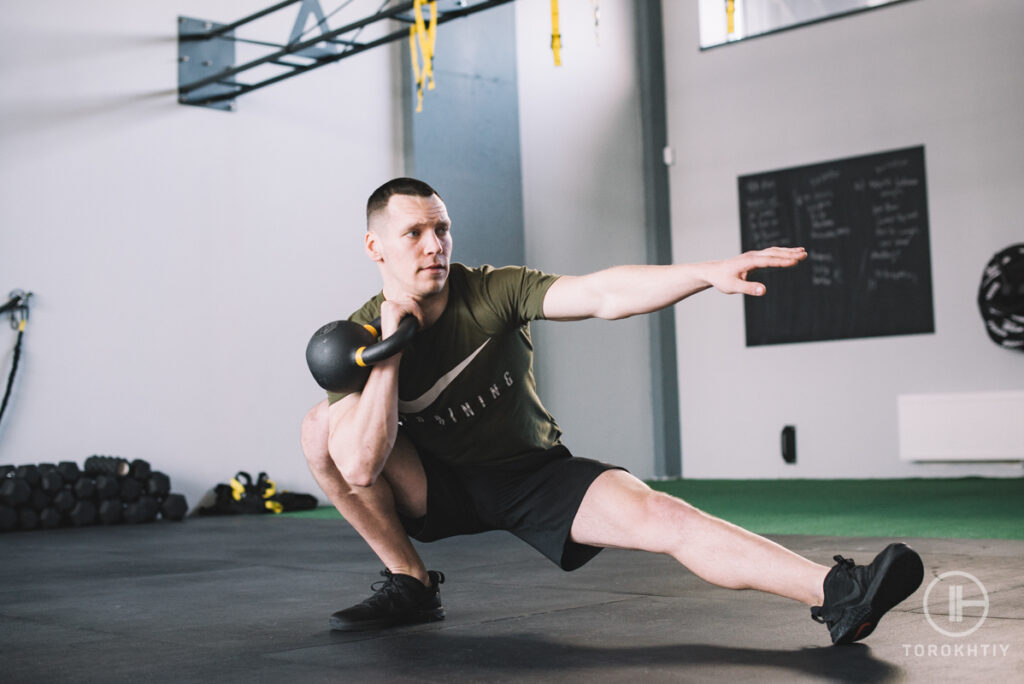
2. Chest Fly
This workout will target your outer chest.
Lie on your back and hold a kettlebell in each hand above your chest. Bend your elbows a bit and open your arms wide, then lower the kettlebells out to the sides until you feel a stretch in your chest.
Go back to your starting position while engaging chest muscles.
3. Push-Up
The push-up will target your core, triceps, and chest. It’s definitely one of the best, most effective upper chest kettlebell exercises.
Get into a push-up position with each hand resting on a kettlebell handle. Lower your chest to the ground while keeping your body in a straight line. Then, push back to the starting position.
It may look like any other push-up, but the kettlebells add instability, which makes you engage your core and chest more than you would with traditional push-ups.
4. Pullover
This is a single kettlebell chest workout. For this one, make sure to pay close attention to keeping your movements very controlled. If you do, you’ll be able to target your chest, back and triceps and give them a really good workout.
Lie down, hold a kettlebell with both hands above your chest and bend your arms slightly. Lower the kettlebell behind your head, then return to the starting position.
5. Squeeze Press
This one will emphasize the inner chest and target your triceps and chest.
Lie on your back and have a kettlebell in each hand. Press the kettlebells together over your chest and focus on squeezing them tightly. Lower the kettlebells back down while maintaining squeeze.
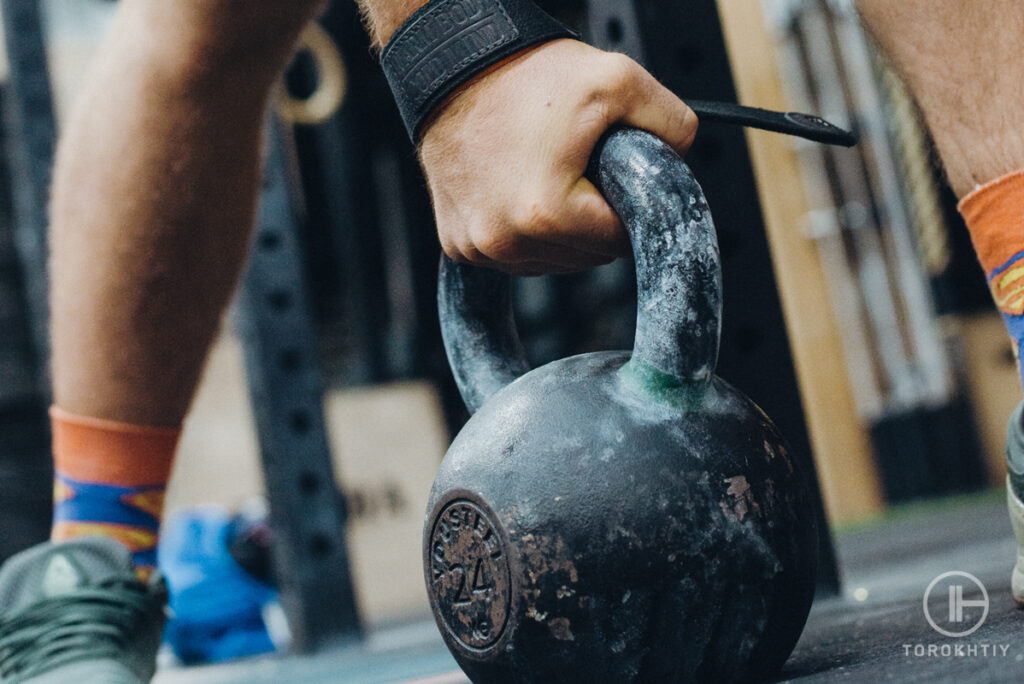
Kettlebell Chest Workout For Different Fitness Levels
Now that we have the workouts down, it’s time to include them in workout routines.
Each of the routines is adjusted to a fitness level, so make sure to start with the level you’re at. You may be tempted to go over what feels comfortable for you, but if the routine is not suitable for your fitness level, you’ll just end up straining your muscles and being very sore.
1. Beginner
If you’re a beginner, you’ll need a kettlebell weighing from 2.3 to 4.5 kilograms.
Your workout will start with a warm-up routine. You can do some light cardio or dynamic stretches for 5-10 minutes and then start with the chest press.
You should do 3 sets of 10-12 reps of kettlebell chest presses. This is a great workout to start with because it builds a solid foundation for chest strength. And since you’re using lighter weights, you can easily focus on form and muscle engagement.
After chest presses, do 3 sets of 10-12 reps of push-ups. They will challenge your balance and improve the stability of your chest and core. Think of this as an improved version of regular push-ups.
Finish your workout with 3 sets of 10-12 reps of chest flies. This is an isolation exercise that will target your chest and help you define it.
Cool-down for 5-10 minutes with static stretches and you’re done.
2. Intermediate
For all of the workouts listed here, you’ll need a kettlebell weighing between 6.8 and 9.1 kilograms.
Warm up and then start with the chest press – 4 sets of 8-10 reps. With the added weight of the kettlebell, you’ll promote better muscle growth.
Then, do 4 sets of 10-12 reps of push-ups. They’re a great upgrade from traditional push-ups.
Continue your workout with chest flies and do 4 sets of 8-10 reps. Since you’re using slightly heavier weights, this exercise will really engage your chest muscles and add to their size and definition.
The last exercise is the pullover; 3 sets of 8-10 reps. This one will engage both your chest and back muscles and it will give you a well-rounded upper body workout.
Take a few deep breaths, do some light cardio for 5-10 minutes and that’s it, your workout is complete.
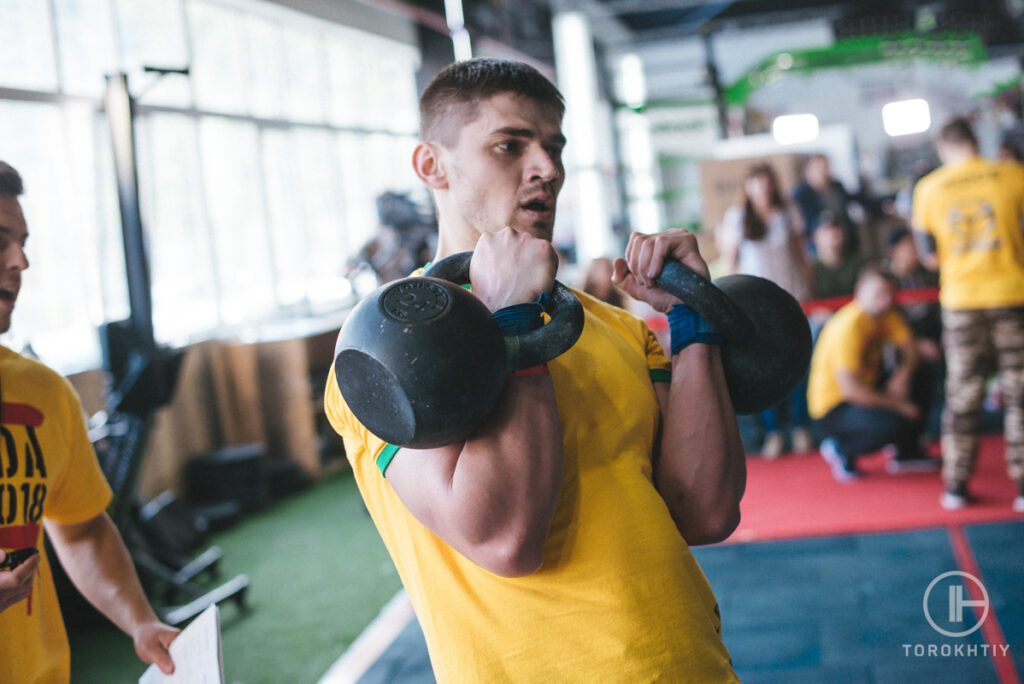
3. Advanced
The workouts you’ll do will be with a kettlebell weighing anywhere from 11.3 to 13.6 kilograms.
Warm up, and then do 5 sets of 6-8 reps of chest presses. With the heavy kettlebells, you’ll promote significant chest muscle growth and strength.
Then, do 5 sets of 8-10 reps of push-ups. Heavy kettlebells will be a pretty big challenge for your balance, so your core and chest will work a lot harder than they usually do with push-ups.
Once you’re done with push-ups, do 5 sets of 6-8 reps of chest flies and then finish your workout with the squeeze press.
Do 3 sets of 10-12 reps of squeeze presses to focus on your inner chest muscles.
End with 5-10 minutes of light cardio or static stretches.
| FITNESS LEVEL | RECOMMENDED KETTLEBELL WEIGHT | EXERCISES | SETS & REPS |
| Beginner | 2.3-4.5 kg | Chest Press | 3 sets of 10-12 reps |
| Push-Up | 3 sets of 8-10 reps | ||
| Chest Fly | 3 sets of 10-12 reps | ||
| Intermediate | 6.8-9.1 kg | Chest Press | 4 sets of 8-10 reps |
| Push-Up | 4 sets of 10-12 reps | ||
| Chest Fly | 4 sets of 8-10 reps | ||
| Pullover | 3 sets of 10-12 reps | ||
| Advanced | 11.3-13.6 kg | Chest Press | 5 sets of 6-8 reps |
| Push-Up | 5 sets of 8-10 reps | ||
| Chest Fly | 5 sets of 6-8 reps | ||
| Squeeze press | 3 sets of 10-12 reps |
Safety Tips and Common Mistakes in Kettlebell Workout
When speaking of workouts in general, safety is always the most important thing. It doesn’t matter if you do less reps or use lighter weights – if it keeps you safe, that’s all that matters.
Mistakes are what compromises safety. That’s not to say you should focus primarily on never doing them. Mistakes happen and everyone makes them; you are no exception. Professionals are no exception, so relax and look at mistakes as a learning opportunity.
With that being said, there are ways to prevent mistakes from happening in the first place because there are some very common ones most people make.
First – proper form is non-negotiable. You absolutely need to keep your form correct because bad posture and technique can result in injuries. This is why it’s important to start with light kettlebells, so you can focus on learning about form before moving on to something more challenging. Remember to always keep your muscles engaged throughout each exercise.
Second, don’t rush the workout. Your movements should be very controlled. Kettlebell workouts are all about control and deliberate movements, not speed. Don’t arch your back during workouts like kettlebell swings because that can strain your spine.
Lastly, don’t skip the warm-up and cool-down. Your body needs to prepare for the workout, and it also needs to cool down after it to promote better muscle recovery. And when it comes to recovery, rest days are another thing you should never skip!
Kettlebells We Recommend
ROGUE KETTLEBELL – E COAT
- Weight range: 9-88 lbs.
- Increments: 9lb / 13lb / 18lb / 26lb / 35lb / 40lb / 44lb / 53lb / 62lb / 70lb / 80lb / 88lb
- Adjustable: No
- Handle diameter: 1.2″ (9lbs.-18lbs.), 1.4″ (26lbs.), 1.5” (35lbs.-88lbs.)
- Material: Cast Iron
- Coating: Black E-Coat, Semi-Gloss
- Color: Black
- Price per pound: ∼ $2.49
- Can be dropped? Yes
These kettlebells are the epitome of quality, durability, and performance. They were made in collaboration with Cadillac Casting Inc., which is a renowned Midwest foundry with a history that spans over almost a century.
They’re made of ductile iron construction, which is known for its resistance to corrosion and strength. If you have any experience with iron kettlebells, you know they’re strong, but these are even more robust than your regular iron kettlebells.
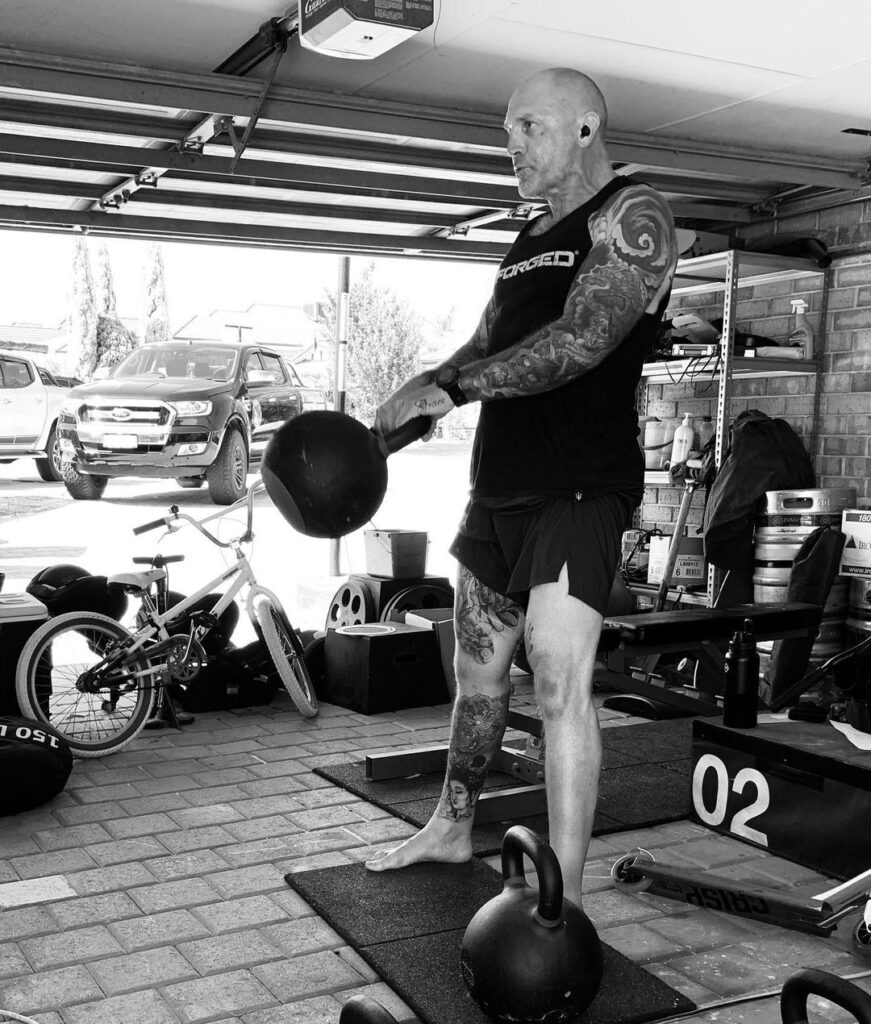
The E-Coat finish is one of their best features – it was developed in the automotive industry. It has superb adhesion, even coverage, and it’s super tough. It doesn’t hold chalk that well, but even that is better than with some of the other iron kettlebells.
The weight range is fantastic, and it ranges from 9 lbs. to 88 lbs., which makes them good for everyone, from beginners to professionals.
In terms of quality, durability, and performance, these kettlebells are almost impeccable.
Positives:
Could be better:
FAQ
Can You Build Chest With Kettlebells?
You definitely can! Kettlebells are super versatile and when it comes to chest muscles, you can use them with chest presses, flies, and push-ups to engage your muscles.
Do Kettlebell Swings Burn Chest Fat?
They can contribute to overall fat loss and calorie burn, but they don’t specifically target chest fat. You can’t really target fat loss, so to reduce chest fat, you actually need to reduce your overall body fat, which happens through calorie deficit. Focu on working out regularly and having a balanced diet.
Conclusion
And there you have it! All you need is a kettlebell, and you can start building that defined chest everyone dreams about! Just make sure your form and techniques are always priorities and don’t push yourself past your current fitness level. Rome wasn’t built in a day, and neither can your chest!
Now it’s your turn to say something! What are your favorite kettlebell pec exercises? Have you experienced any noticeable muscle growth? How do you include exercises focused on your chest into your overall fitness routine?
If you have any tips, feel free to share them, too!
Also read:
- What Muscles Do Kettlebell Swings Work
- Kettlebell Core Exercises
- Kettlebell Leg Exercises
- Basic Kettlebell Workout
- KB Swings Benefits
References:
- Jason Brumitt MSPT, SCS, ATC, CSCS, Hui En Gilpin BS, SPT, Meredith Brunette BS, SPT, Erik P. Meira PT, SCS, CSCS, “INCORPORATING KETTLEBELLS INTO A LOWER EXTREMITY SPORTS REHABILITATION PROGRAM”; National Library of Medicine, https://www.ncbi.nlm.nih.gov/pmc/articles/PMC3096147/ (accessed 21 September, 2023).
- EDWARD P. WALSH, FRANK CECCHIN, “Dynamic Exercise”; Science Direct, https://www.sciencedirect.com/topics/medicine-and-dentistry/dynamic-exercise (accessed 21 September, 2023).
- Jodi Helmer, “Kettlebells”; WebMD, https://www.webmd.com/fitness-exercise/a-z/kettlebell-workout (accessed 21 September, 2023).
- Hyoung-Kil Park, Min-Kyung Jung, Eunkyung Park, Chang-Young Lee, Yong-Seok Jee, Denny Eun, Jun-Youl Cha, and Jaehyun Yoo, “The effect of warm-ups with stretching on the isokinetic moments of collegiate men”; National Library of Medicine, https://www.ncbi.nlm.nih.gov/pmc/articles/PMC5833972/ (accessed 21 September, 2023).
- Stacey Carter, “Why it’s important to cool down after exercise, according to the science”; Live Science, https://www.livescience.com/why-its-important-to-cool-down-after-exercise-according-to-the-science (accessed 21 September, 2023).
- Jenna Fletcher, “When and how to spend a rest day”; Medical News Today, https://www.medicalnewstoday.com/articles/rest-day (accessed 21 September, 2023).
Why Trust Us?
With over 20 years in Olympic Weightlifting, our team does its best to provide the audience with ultimate support and meet the needs and requirements of advanced athletes and professional lifters, as well as people who strive to open new opportunities and develop their physical capabilities with us.
By trusting the recommendations of our certified experts in coaching, nutrition, dietology, and sports training programming, as well as scientific consultants, and physiotherapists, we provide you with thorough, well-considered, and scientifically proven content. All the information given in the articles concerning workout programming, separate exercises, and athletic performance, in general, is based on verified data. We ensure that you can rely on our professionals’ pieces of advice and recommendations that can be treated as personalized ones which will benefit you and fully meet your needs.
The product testing process is described in more detail here
Author: Ihor Shymechko
Pro Olympic Weightlifter, Coach
Best Results: Snatch – 208 kg,
C&J – 240 kg
Ihor has been a professional weightlifter since 1996, boasting over two decades of competition experience. His notable achievements include clinching the European Championship in 2009 and securing a silver medal in the 105kg division at the Senior World Championships in 2011. Ihor represented his country in the 2008, 2012, and 2016 Summer Olympics. After retiring from competitive weightlifting, he transitioned to coaching, leveraging his vast experience to guide athletes who now compete on both national and international stages.

